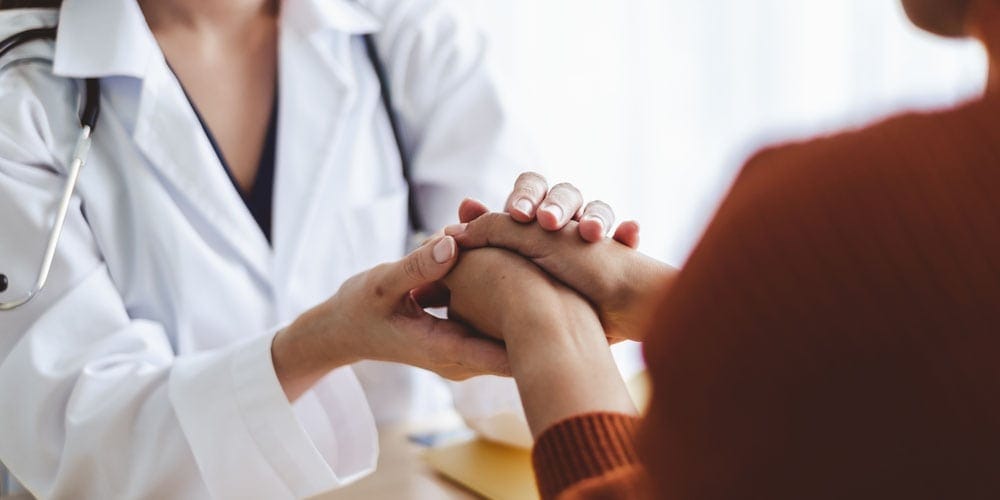
Loma Linda University Cancer Center has created a breast pain clinic that combines medical and psychological interventions to treat the common condition experienced by women — the first in the nation to develop a multidisciplinary approach to breast pain management.
The clinic incorporates the use of a medical treatment plan to treat physical pain while using one-on-one and group therapy sessions with stress management tools that can unearth underlying stressors that cause breast pain. The clinic also educates attendees on the definition, causes, and remedies of the condition.
Some 70 percent of women experience breast pain in their lifetime, yet only 7 percent of women with breast cancer have breast pain as their first symptom, according to Sharon S. Lum, breast pain clinic co-director and director of Loma Linda University Cancer Center Breast Health Center. Many women believe their pain is due to cancer and end up in an oncologist’s office. To save women time and offer them the resources they need, Lum partnered with clinical oncology therapist Gabriela E. Gutierrez to launch this clinic.
“When someone gets stressed, they can get headaches or even stomach aches, yet people rarely know that there is such a thing as breast aches,” Gutierrez said. “We have seen amazing results from women who work to decrease their stress and subsequently experience a decrease or disappearance in their breast pain.”
“Healthcare is increasingly moving toward integrating psychology and medicine to treat the whole person,” Lum said. “When I saw the influx of patients coming to see me — a breast surgeon — about breast pain, I knew this was the perfect opportunity to marry both practices.”
Patients like Suzzanne Kozma have reaped the benefits of this unique collaborative treatment. Kozma started experiencing breast pain in March 2018 and observed the stressful turn of events in her life increased the pain she felt. Since attending the clinic, she has felt substantial improvement and now urges every woman to learn about this condition she said left her feeling isolated.
“I felt so alone in my pain until I showed up to my first support group full of a large group of women,” Kozma said. “I share all that I learn with every woman I come across and encourage them to attend the clinic.”
The original version of this story was posted on the Loma Linda University news site.